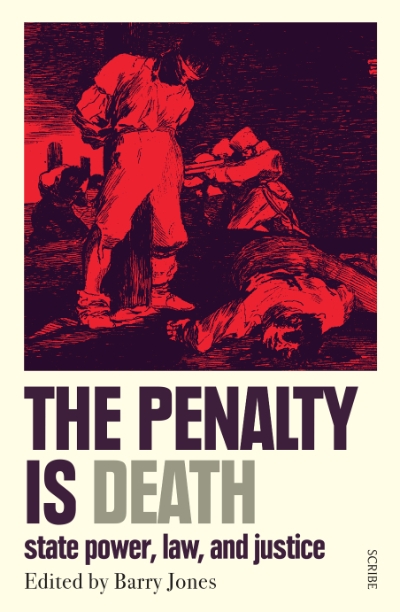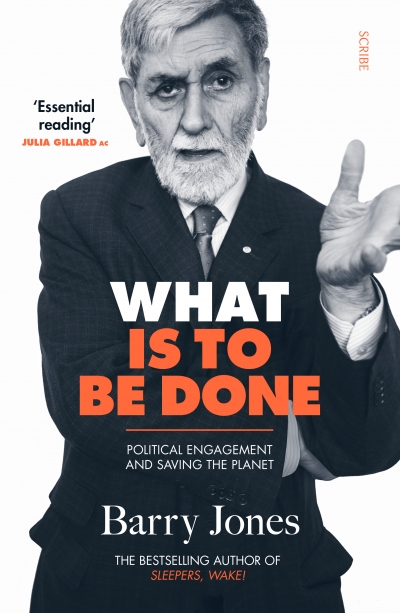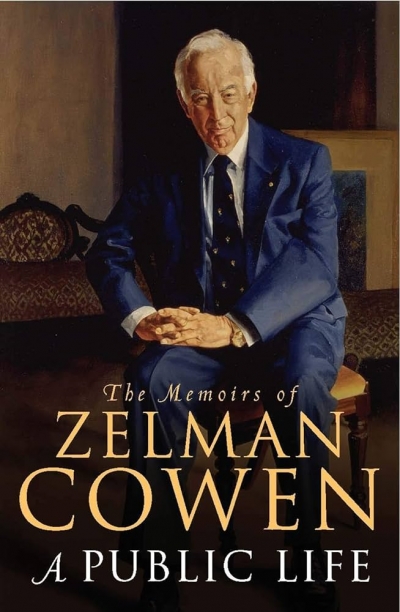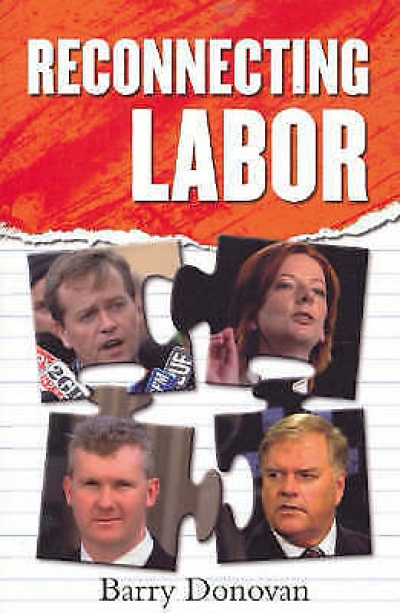Barry Jones
The Penalty Is Death: State power, law, and justice edited by Barry Jones
Letters to the Editor - March 2007
Dear Editor,
I welcomed Barry Jones’s feisty response (February 2007) to my review of his autobiography, A Thinking Reed (December 2006–January 2007). Such autobiographies, the reviews and the commentaries on them are the first drafts of history, and such debates will be valuable to later and more dispassionate historians. Apart from some sardonic barbs, which I may well deserve, he seems to have only one substantive quarrel with the review and that is with my critical assessment of his performance as science minister in the Hawke government.
... (read more)What Is to Be Done: Political engagement and saving the planet by Barry Jones
Dennis Altman
In any given year we will read but a tiny handful of potential ‘best books’, so this is no more than a personal selection. Here are two novels that stand out: Stephen Eldred-Grigg’s Shanghai Boy (Vintage) and Hari Kunzru’s Tranmission (Penguin). Both speak of the confusion of identity and emotions caused by rapid displacement across the world. The first is the account of a middle-aged New Zealand teacher who falls disastrously in love while teaching in Shanghai. Transmission takes a naïve young Indian computer programmer to the United States, with remarkable consequences. From a number of political books, let me select two, both from my own publisher, Scribe, which offers, I regret, no kickbacks. One is George Megalogenis’s The Longest Decade; the other, James Carroll’s House of War. Together they provide a depressing but challenging backdrop to understanding the current impasse of the Bush–Howard administrations in Iraq.
... (read more)Reconnecting Labor by Barry Donovan & Coming to the Party edited by Barry Jones
To celebrate the best books of 2005 Australian Book Review invited contributors to nominate their favourite titles. Contributors include Morag Fraser, Peter Porter, Kerryn Goldsworthy, Nicholas Jose and Chris Wallace-Crabbe.
... (read more)ABR welcomes letters from our readers. Correspondents should note that letters may be edited. Letters and emails must reach us by the middle of the current month, and must include a telephone number for verification.
... (read more)





